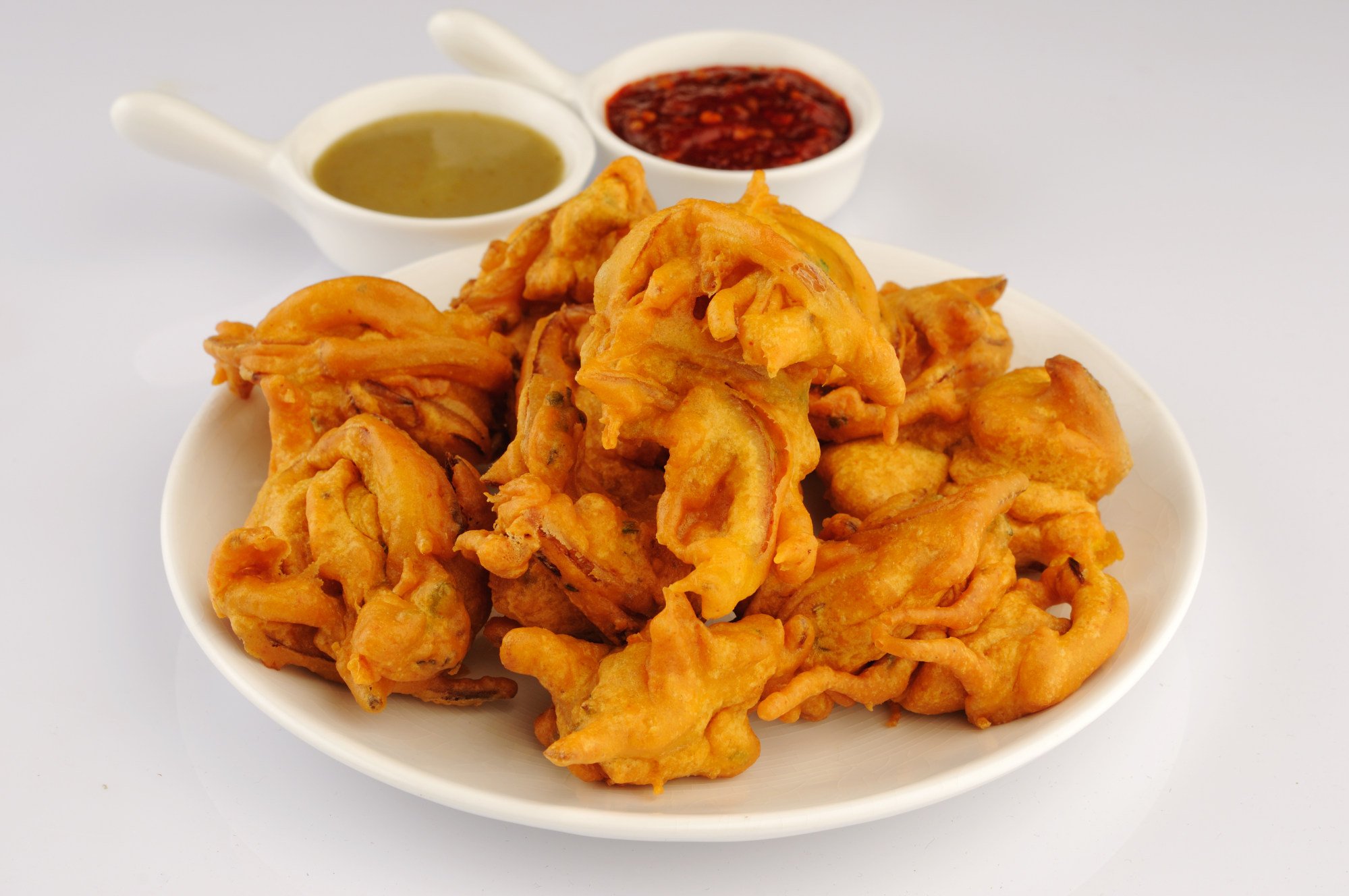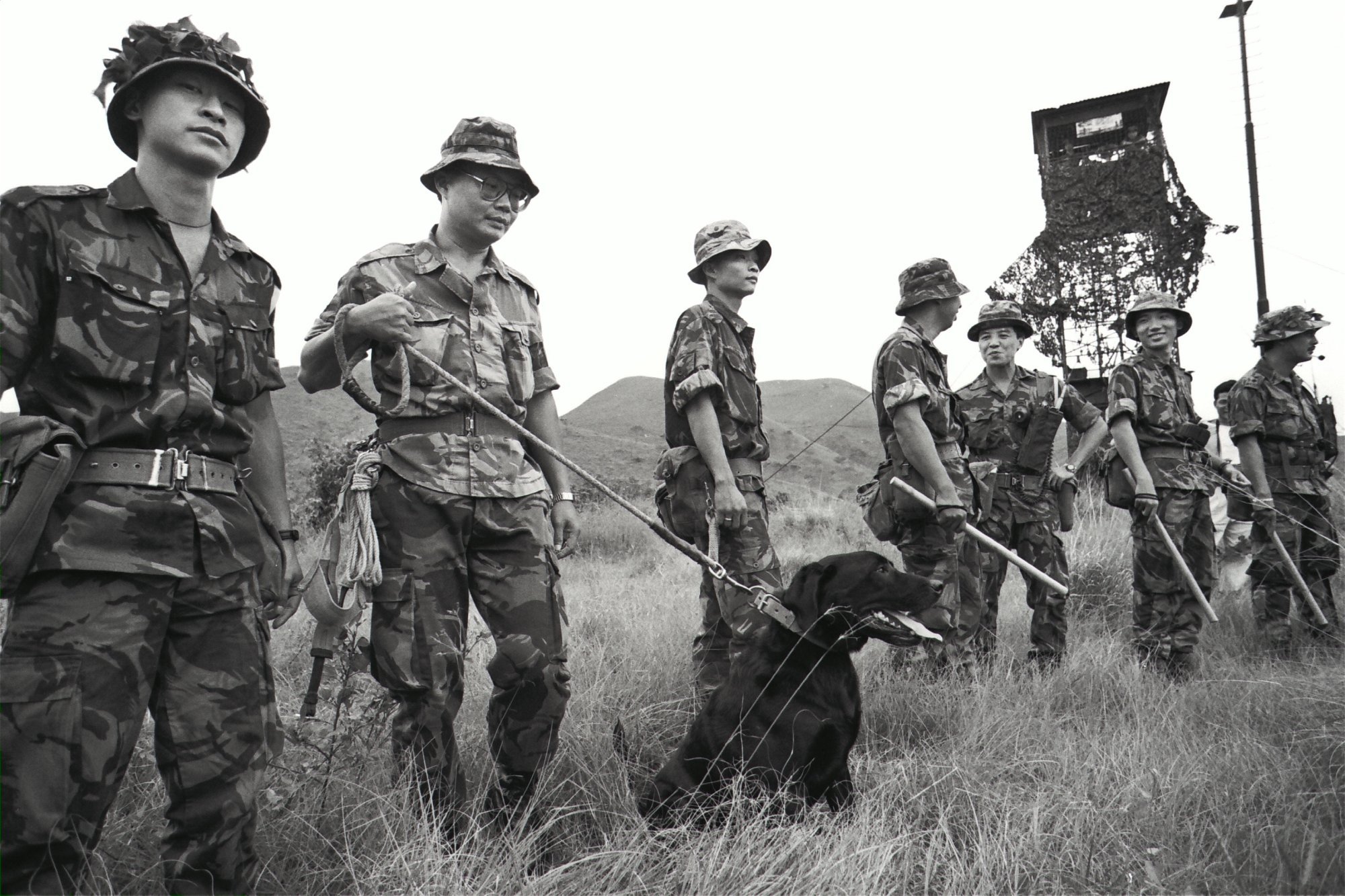Gwun dei choi – literally “army camp food” – are the (mostly) South Asian-influenced culinary introductions that have made their way, in various guises, onto humble cafe menus across Hong Kong. Most originated at British Army camps in the New Territories.
On Borneo Lines, in Shek Kong, a modest food stall near the airfield was run for many years by an elderly Pakistani man named Shaffi; his nephew, Liaquat Ali, later took on the business.
His simple fare varied little throughout the year; highly spiced beef or chicken curries in thin, watery gravy were perennial, unvarying offerings. Yellow dal – turmeric-heavy and well salted – made the sole concession to vegetarians. Rice or chapattis, and samosas and onion bhaji, completed the menu.
No pork or alcohol were served in this Muslim-operated establishment; patrons were, nevertheless, at liberty to bring their own booze. Soft drinks could be obtained from the fridge.
Regular patrons were mainly British or Hong Kong Chinese service personnel (Gurkhas seldom ate there), civilian camp workers or (less frequently) Royal Hong Kong Police officers who had occasion to visit the camp in the course of their day, or else decided to drop by at lunchtime for a change.
Locally engaged staff, such as cleaners, would also occasionally eat there; usually to celebrate a birthday, retirement or other significant event among their colleagues. Everyone’s favourite, Shaffi’s was tasty, unpretentious – and cheap.

Through these small and humble introductions, various dishes not generally known around the local area were gradually popularised.
Reasonable prices and reliable quality were key considerations in return for the concession being periodically renewed.
As military medical staff based on the camp also ate there, any comments or suggestions about hygienic preparation conditions would be closely adhered to. As it was in nobody’s interest for patrons to develop gastrointestinal complaints, both food quality and general cleanliness were always of an acceptable standard.
Why Chinese around the world love fermented bean curd – even stinky tofu
Why Chinese around the world love fermented bean curd – even stinky tofu
Digestive systems unused to spicy or oily food needed some adjustment; more than a few newcomers wryly mentioned that their first meal there resulted in “a good clear-out”, but after that – everyone kept coming back for more.
Venues that offered different cuisines also operated there.
A cheerful, rowdy Chinese-style canteen was another favourite; this one was – broadly speaking – overseen by Royal Army Veterinary Corps personnel.

Mostly comprised of locally enlisted Hong Kong Chinese soldiers, with several British Army officers and Other Ranks, the “Dog Unit”, as it was popularly known, helped train working animals for detection work.
Royal Hong Kong Police, along with Customs and Excise personnel, periodically attended dog-handling courses and often ate here as well. While the “Dog Unit” canteen mainly catered to this demographic, anyone on camp could eat there.
Europeans were generally steered towards blander offerings considered “safe” for Western palates, such as Singapore noodles, fried rice, sweet-and-sour pork and the like; nevertheless, it was all very good.
How Shek Kong Friday market became but another memory of old Hong Kong
How Shek Kong Friday market became but another memory of old Hong Kong
Daily specials comprised a few side dishes served with rice and a bowl of broth, and offered tasty, homestyle Cantonese fare. For those unable to read Chinese, or not accompanied by someone who knew what was available that day, these options could be rather random.
But like all happenstance experiences, a simple willingness to try something different and make new friends along the way usually led to unexpected discoveries; more than a few utterly unanticipated dishes rapidly became firm favourites, and remained so ever afterwards.
These locally famed British Army camp eateries may be all long gone, but they remain warmly unforgotten by we who once enjoyed them.
And to judge from various mouth-watering aromas that waft out from military cookhouses located close to the roadside today, our locally based People’s Liberation Army garrison members must eat well, too.







